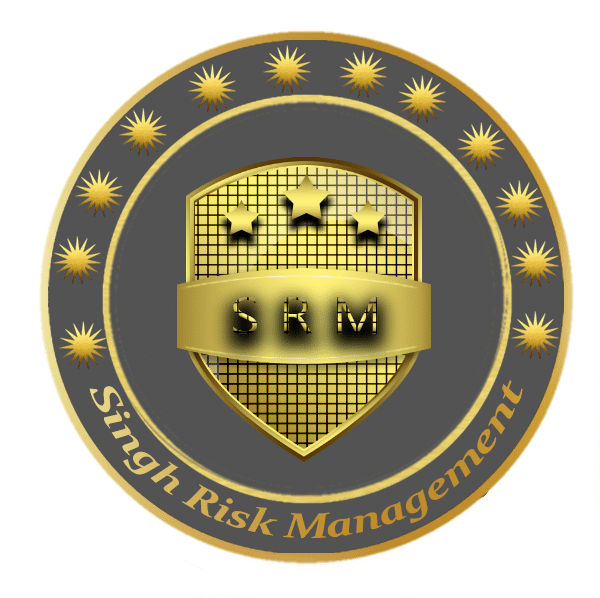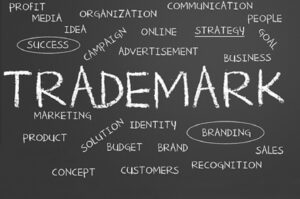Vendor Verification:
- Quick Response
- Easy Registration Process
- Free Documentation Review
Vendor Verification: Ensuring Reliable and Trustworthy Partnerships
In the modern business landscape, choosing the right vendors is critical to your company’s success. Whether you’re sourcing materials, outsourcing services, or establishing new business partnerships, verifying the credibility and reliability of your vendors is a vital step in protecting your business from potential risks. Vendor verification is the process of evaluating and confirming the authenticity, financial stability, and regulatory compliance of your vendors, ensuring that they meet your business’s standards and expectations.
What is Vendor Verification?
Vendor verification is a comprehensive process that involves assessing a potential or existing vendor to ensure they meet your business requirements, ethical standards, and legal obligations. It involves gathering and validating information about a vendor’s business operations, financial standing, reputation, and compliance with industry regulations. This process helps businesses reduce risks related to fraud, supply chain disruptions, and non-compliance, ensuring that vendor relationships are safe, secure, and productive.
Key Areas of Vendor Verification
Business Legitimacy and Credentials
One of the first steps in vendor verification is ensuring that the vendor is a legitimate business entity. This includes confirming their business registration, checking for appropriate licenses, and verifying their physical location. A thorough background check ensures that you are dealing with a genuine and legally compliant company.Financial Stability and Creditworthiness
Financial due diligence is essential to avoid disruptions in the supply chain due to a vendor’s financial instability. Vendor verification includes analyzing financial reports, credit ratings, and payment histories. This helps businesses assess whether a vendor is financially reliable, reducing the likelihood of issues such as delayed shipments or the inability to fulfill orders.Compliance with Industry Regulations
Vendors must comply with local and international regulations, including those related to labor laws, environmental standards, and industry-specific requirements. Verification ensures that your vendor adheres to necessary certifications, such as ISO standards, and is in compliance with laws like the Foreign Corrupt Practices Act (FCPA) or anti-money laundering (AML) regulations. This helps protect your business from legal risks and potential penalties.Reputation and Business Practices
A vendor’s reputation can speak volumes about the quality of their products and services. Vendor verification includes investigating online reviews, client testimonials, and any past legal disputes or issues. This helps ensure that you are partnering with a reputable vendor who values ethical business practices and delivers on their promises.Quality Assurance and Performance History
Vendor verification also assesses the consistency and quality of the products or services provided. This includes evaluating a vendor’s performance history, product quality standards, and any certifications they hold. A vendor who consistently meets or exceeds expectations is more likely to be a reliable and long-term business partner.Supply Chain and Logistics Capabilities
In today’s fast-paced business world, your vendor’s ability to meet deadlines and manage logistics is crucial. Vendor verification looks at their supply chain infrastructure, logistics capabilities, and delivery performance to ensure that they can meet your production or operational needs on time and efficiently.Security and Data Protection Practices
With increasing concerns around data security, it is essential to assess whether your vendor has adequate systems in place to protect sensitive business information. This includes verifying their cybersecurity measures, data storage practices, and compliance with data protection regulations such as GDPR or CCPA.
Why Vendor Verification Matters
Mitigate Risks and Avoid Fraud
Vendor verification helps you minimize the risks of fraud, dishonesty, or business disruptions. By ensuring that your vendors are legitimate, financially stable, and compliant with regulations, you reduce the likelihood of dealing with bad actors that can harm your business.Ensure Compliance with Laws and Regulations
Many industries are highly regulated, and failing to ensure your vendors are in compliance with industry standards can result in serious consequences, including fines, legal penalties, or even reputational damage. Vendor verification helps ensure that you and your vendors are following the law, protecting your business from potential legal issues.Enhance Supply Chain Resilience
Reliable vendors are key to building a resilient supply chain. Through thorough verification, you can avoid delays, disruptions, and supply shortages caused by unreliable partners. A trustworthy vendor ensures that your products or services are delivered on time and meet the quality standards your business needs.Improve Vendor Relationships
Building strong, transparent relationships with your vendors is crucial for long-term success. Vendor verification fosters trust between businesses and their partners by ensuring both parties are aligned in terms of goals, expectations, and compliance. This leads to more efficient collaboration and a better business relationship.Protect Your Brand Reputation
Your vendors are an extension of your brand, and any issues they face—whether financial, ethical, or operational—can reflect poorly on your business. Vendor verification helps ensure that you’re working with reputable partners who uphold the same standards of excellence and ethics that your brand represents.
The Vendor Verification Process
Pre-Qualification and Information Gathering
The first step in vendor verification is gathering basic information about the vendor, including business registration details, financial statements, and compliance records. This may also involve an initial review of the vendor’s reputation and performance.In-Depth Background Check
A thorough background check is conducted to validate the vendor’s history, legal standing, financial health, and compliance with relevant laws and regulations. This may include checking their credit score, reviewing past business relationships, and looking into any legal disputes.Site Visit or Audit
For certain high-value or high-risk vendors, an on-site inspection or audit may be necessary to assess their facilities, operations, and practices. This allows you to verify their capabilities and ensure they meet your standards in real time.Evaluation and Risk Assessment
Based on the gathered data, a risk assessment is conducted to identify any potential concerns or risks associated with the vendor. This includes evaluating their financial stability, compliance with laws, and overall ability to meet your needs.Ongoing Monitoring and Review
Vendor verification doesn’t end after the initial assessment. Regular monitoring and performance reviews should be conducted to ensure that your vendors continue to meet the standards you expect. This helps mitigate potential issues and ensures that the vendor remains a reliable partner.
Benefits of Partnering with a Vendor Verification Service
Expertise: Vendor verification experts have the experience and resources to conduct thorough and accurate evaluations.
Time Savings: Outsourcing vendor verification frees up your team to focus on core business activities while experts handle the verification process.
Reduced Risks: Minimize the likelihood of fraud, compliance issues, and supply chain disruptions.
Scalability: Vendor verification can be scaled to meet the needs of businesses of all sizes, from startups to large enterprises.
Conclusion
Vendor verification is a crucial step in building and maintaining strong, reliable business relationships. By thoroughly vetting your vendors, you ensure that your supply chain remains resilient, compliant, and free from unnecessary risks. Whether you’re looking to protect your business from fraud, ensure product quality, or maintain compliance with regulations, investing in a vendor verification process helps you make informed decisions and foster long-term partnerships.
GET IN TOUCH
Have questions or need a confidential consultation? Our team is ready to assist you with personalized risk management solutions. Whether it’s a private matter or a corporate concern, we’re just a message away. Reach out now for trusted advice, timely support, and absolute discretion.
Blog Post
Scalable solutions tailored to your business size and industry








